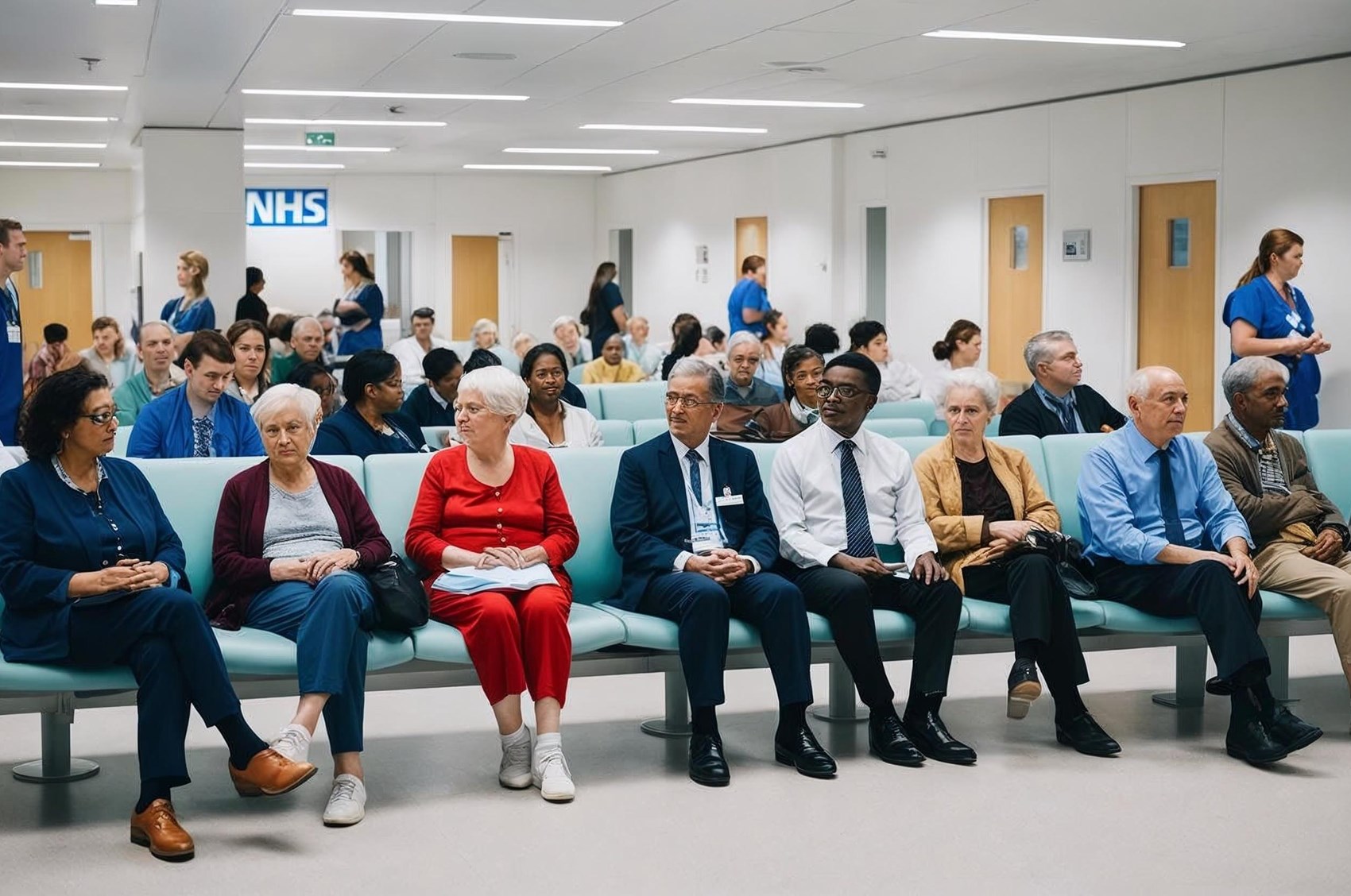Be part of the solution and make a difference

A new AI technology called DERM (Deep Ensemble for Recognition of Malignancy), developed by Skin Analytics, is set to transform how the NHS handles suspected skin cancer cases. Using smartphone images taken with a special dermoscopic lens, DERM analyses skin lesions to quickly identify which cases need urgent dermatologist review and which are benign.
Currently, NHS dermatology services receive about one million referrals a year, with 60% urgent for suspected skin cancer-but only 6% are confirmed cancers. Early studies show DERM could halve urgent referrals, reducing waiting times and easing pressure on specialists.
Patients with suspicious lesions are reviewed virtually by dermatologists, while those with benign conditions receive advice and reassurance without needing an in-person visit. Extra care is taken for patients with darker skin tones during the initial trial phase.
NICE and NHS leaders praise DERM for maintaining diagnostic accuracy while speeding up care. The technology will be used across the NHS for three years as more evidence is gathered before a final decision on wider adoption.
This AI-driven approach supports the NHS’s goal to modernise services, reduce waiting lists, and provide faster, better care for patients with skin concerns.
Comment
By rapidly identifying and discharging patients with benign skin lesions, AI tools like DERM not only speed up care for those with suspected skin cancer but also help reduce waiting lists for other skin conditions. This means people living with chronic diseases such as psoriasis could benefit from shorter waits and quicker access to specialist dermatology appointments.
As AI frees up dermatology resources, it creates more capacity for timely diagnosis, assessment, and personalised management of psoriasis. This is an area where AI is already showing promise in lesion detection, severity scoring, and treatment planning. For the millions affected by psoriasis, these advances could lead to faster care, improved outcomes, and a better overall patient experience.
Source:
NICE, May 2025.
